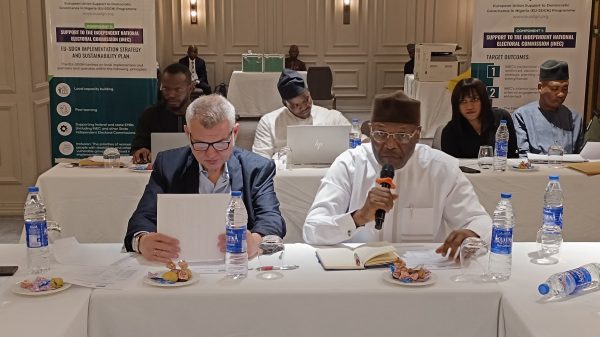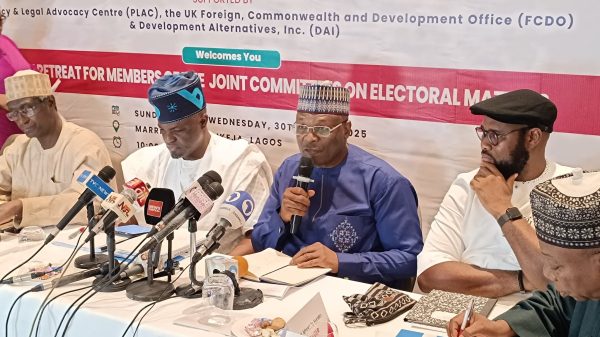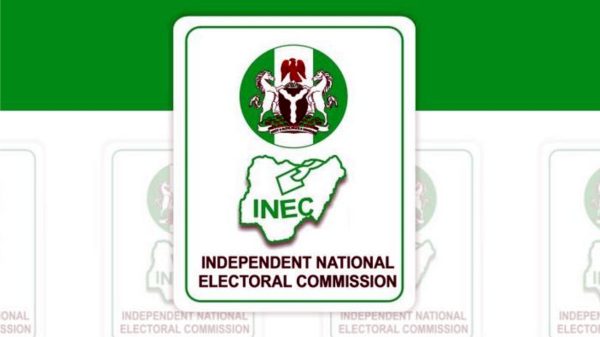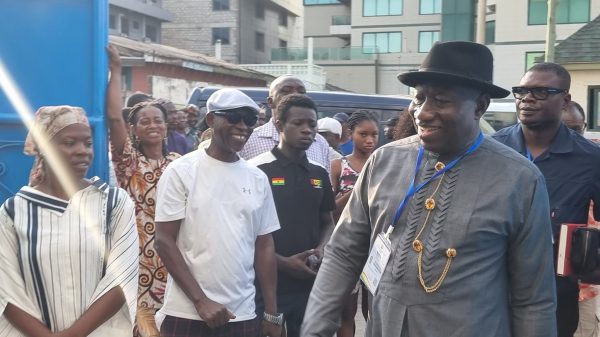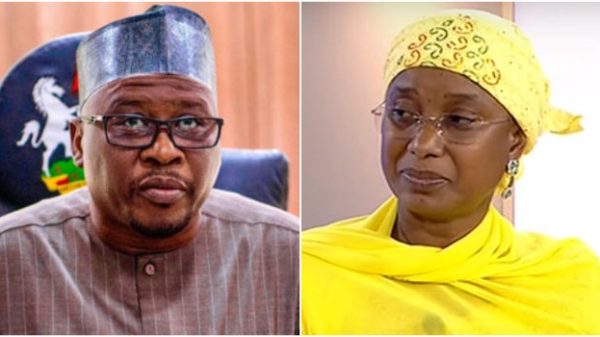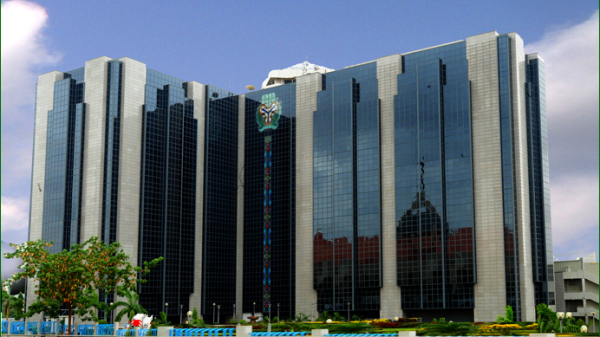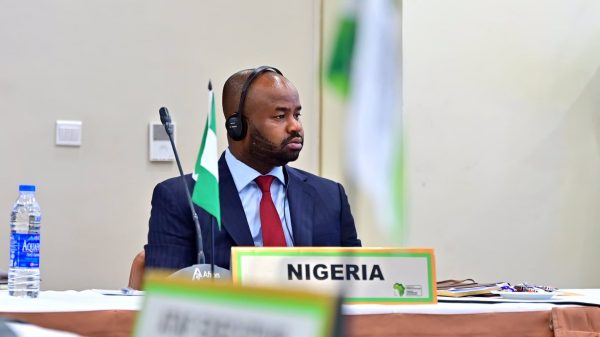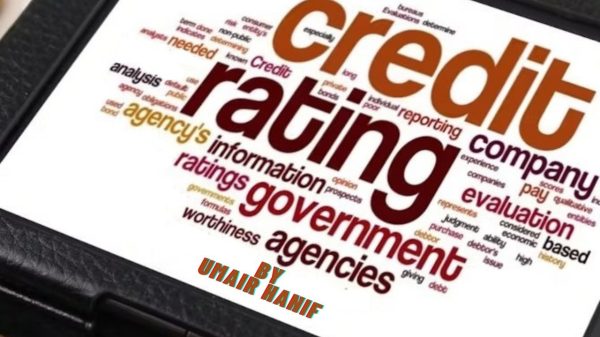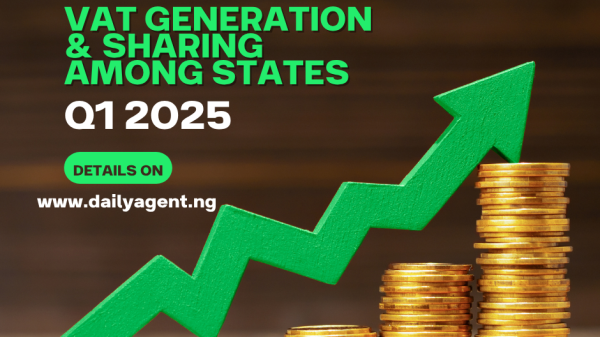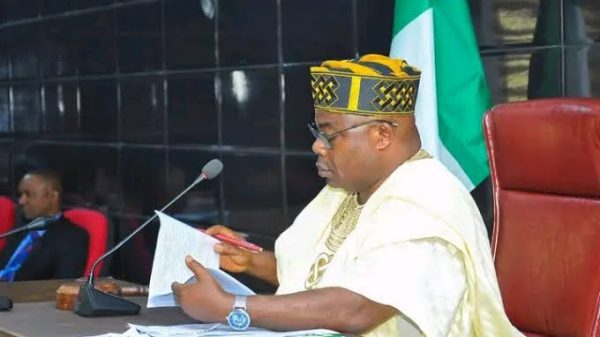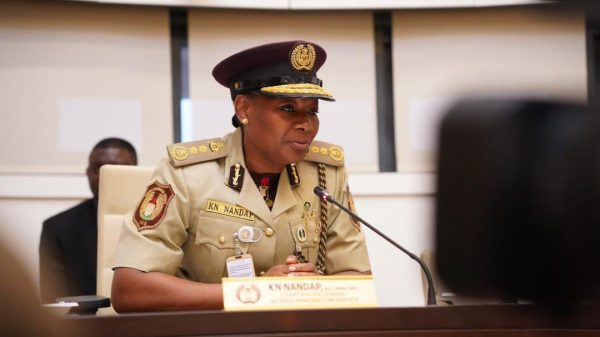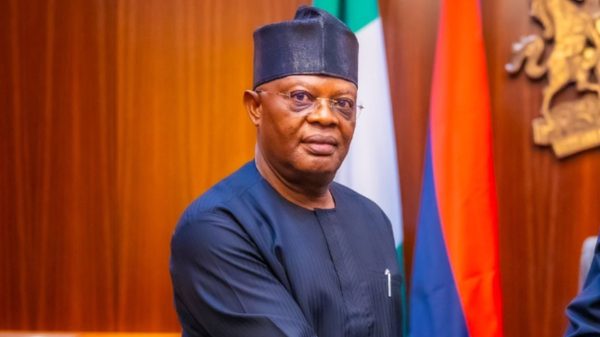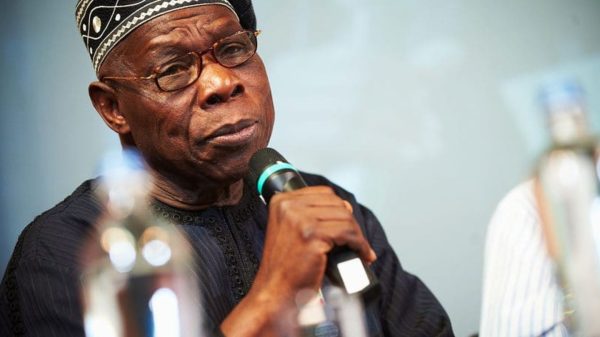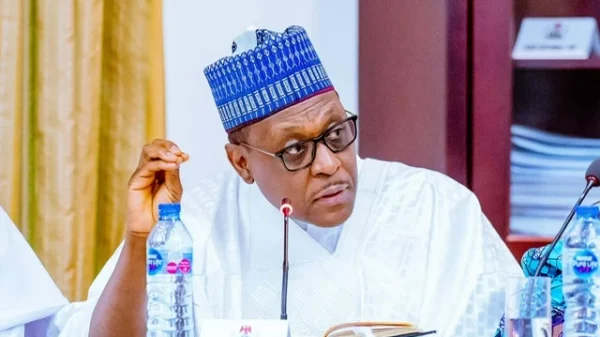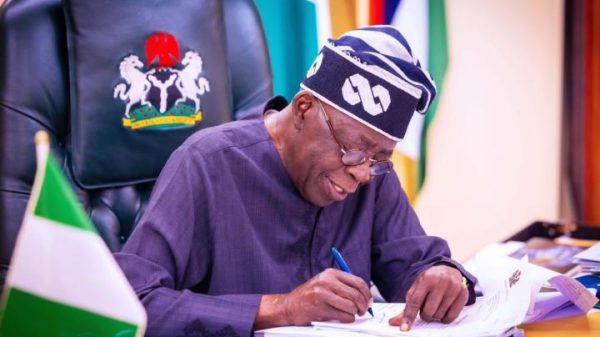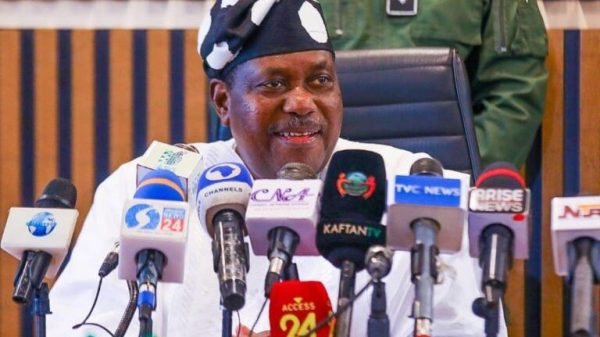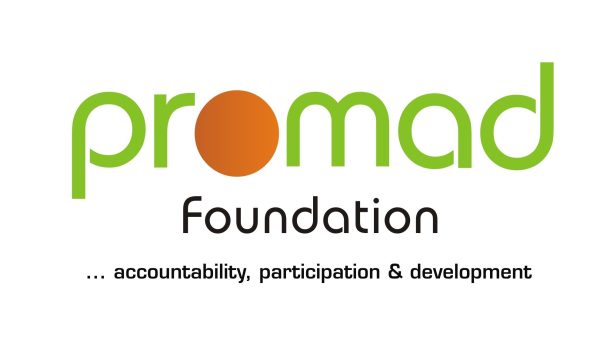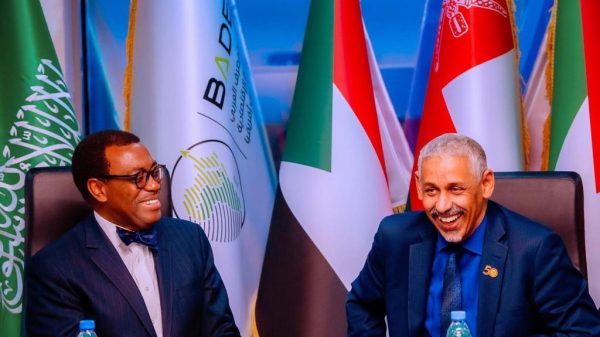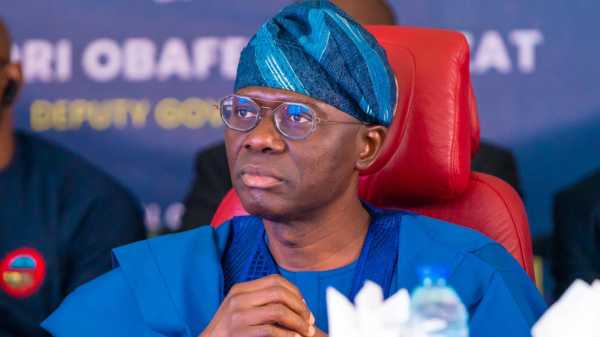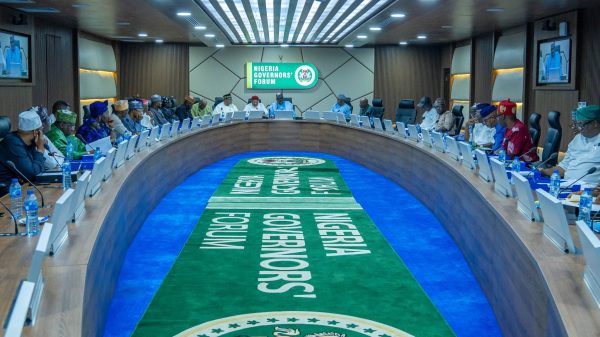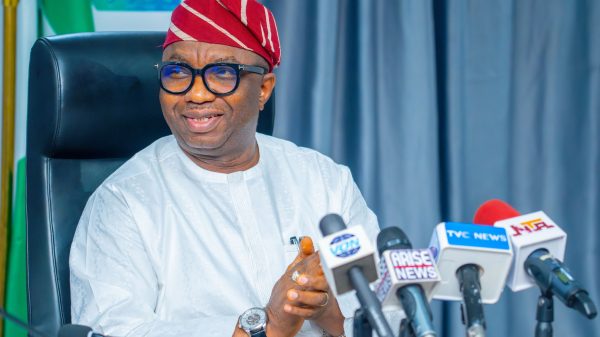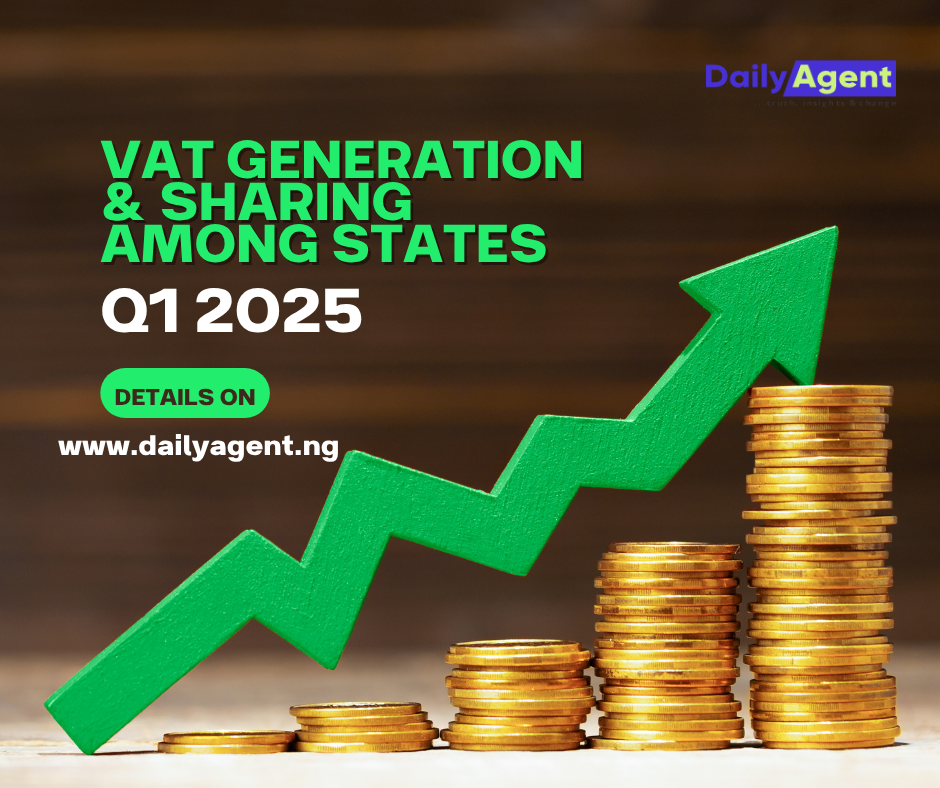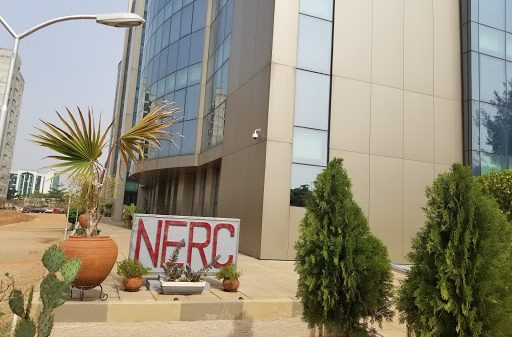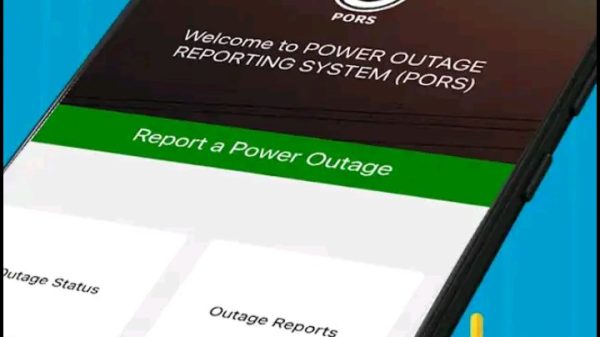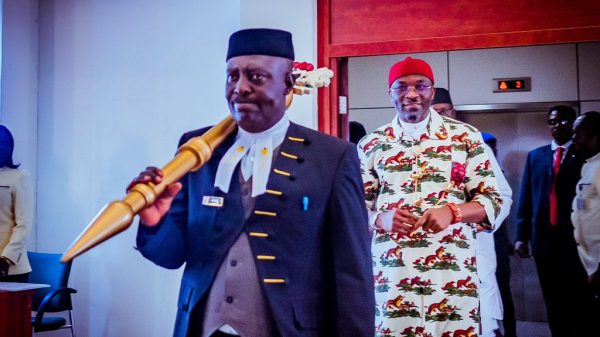Abuja, Nigeria
Adebayo Adelabu, minister of power says another round of the increment in electricity tariff is on the way.
The development came two days after the Nigerian Electricity Regulatory Commission (NERC) approved an increase in electricity tariff for customers under the Band A classification.
The minister has hinted that the federal government would adopt similar measures to increase the tariffs for customers in the other categories.
Adelabu who spoke at a briefing in Abuja on Friday, said the recent increase in electricity tariff is a pilot in phasing out of electricity subsidy in the country.
He said the government plans to remove all subsidies in the power sector to allow the thriving of investments in the sector.
“This tariff review conforms with our policy thrust of maintaining a subsidized pricing regime in the short run or the short term with a transition plan to achieve a full cost reflective tariff for over a period of, let us say three years. I have mentioned in a couple of media briefings that it is because of government sensitivity to the pains of our people that we will not make us migrate fully into a cost-reflective tariff or remove subsidy 100 per cent in the power sector like it was done in oil and gas sector.”
“We are not ready to aggravate the sufferings any longer which is why we said it must be a journey rather than a destination and the journey starts from now on, that we should do a gradual migration from the subsidy regime to a full cost-reflective regime and we must start with some customers.
“This is more like a pilot for us at the Ministry of Power and our agencies. It is like a proof of concept that those that have the infrastructure sufficient enough to deliver stable power of enjoying 20 hours of light to be the ones to get tariff adds,” the minister said.
Adelabu added that the N225 kilowatt per hour Band A customers was informed by the N500 that they pay for alternative energy like diesel and others.
He said the government was formerly subsidising 67 per cent of the cost of electricity as a subsidy pricing regime where the government provides a large portion of the generation, transmission and distribution cost.






